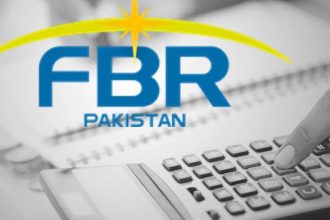Pakistan’s economy has not done badly in the last two decades and per capita income in the country rose from $612 in 2003 to $1,295 in 2013 despite deteriorated internal security and frequent natural disasters, according to the International Monetary Fund. But participants in a discussion on inequality, arranged by SDPI and Oxfam in Islamabad yesterday learnt that the doubling of national income benefited the poor of the country the least.
“In urban areas, the top 20 per cent of the population take 61 per cent of the monthly income in comparison to 3.45 per cent of the bottom 20 per cent,” informed Babar Jamal of the Sustainable Development Policy Institute.
Even advanced economies are worrying about the economic costs of the rising income and wealth inequalities. They are debating the issue but little is heard about it in Pakistan where income, gender and regional inequalities exist in extreme forms.
“Elite captured political institutions shifting income and wealth from the poor to the rich through various instruments including indirect taxation and setting public spending priorities which help the rich get richer. This vicious cycle of power generating wealth and wealth bolstering power is the key structural development problem in Pakistan,” concluded SDPI experts.





